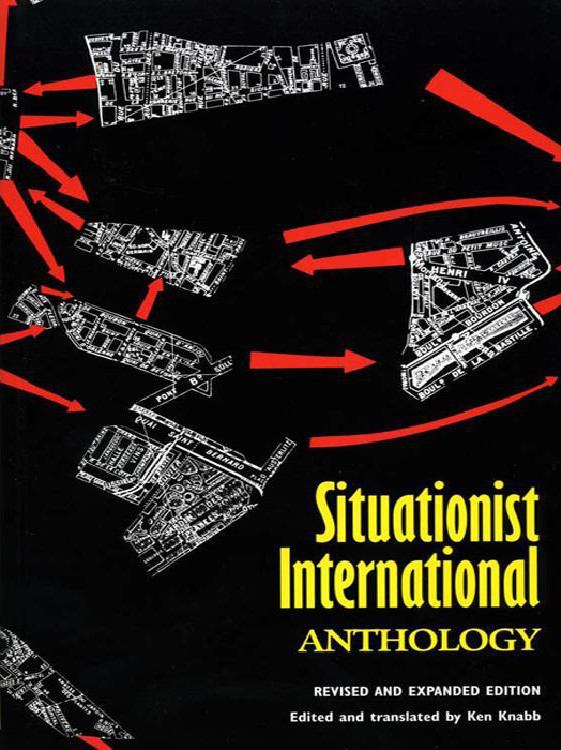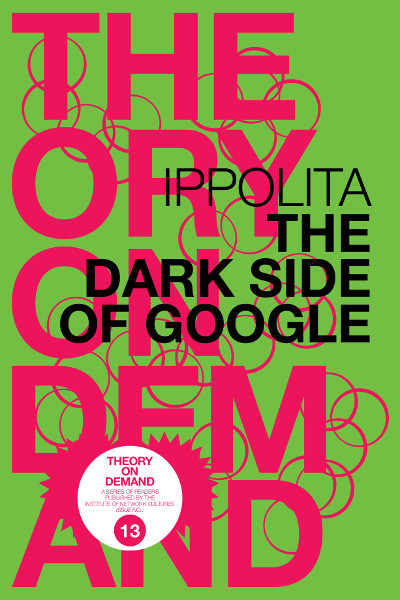Ariel Dorfman, Armand Mattelart: How to Read Donald Duck: Imperialist Ideology in the Disney Comic (1972–) [ES, IT, EN, PT, TR]
Filed under book | Tags: · capitalism, colonialism, comics, cultural criticism, entertainment, ideology, literary criticism, marxism, political theory, politics

How to Read Donald Duck is a Marxist political analysis by Ariel Dorfman and Armand Mattelart on what they perceive is cultural imperialism in popular entertainment, published in Chile in 1972. Written in the form of essay (or, in the authors’ words, a “decolonization manual”), the book is an analysis of mass literature, specifically the Disney comics published for the Latin American market. It is one of the first social studies of entertainment and the leisure industry from a political-ideological angle, and the book deals extensively with the political role of children’s literature. (from Wikipedia)
First published by Ediciones Universitarias de Valparaíso, Chile, 1972
First published in English in 1975
Translated and with an Introduction by David Kunzle
With Appendix by John Shelton Lawrence
Publisher International General, New York, 1991 (Fourth printing)
ISBN 0884770370
119 pages
via Quaxo Coricopat
An interview with Mattelart in which he shortly discusses the book (2008, in English)
2012 project for appropriation of the book (includes its online edition)
Para leer al Pato Donald. Comunicación de masa y colonialismo (Spanish, 18th ed., 1972/1979)
Come leggere Paperino. Ideologia e politica nel mondo di Disney (Italian, trans. Gianni Guadalupi, 1972, added on 2023-7-31)
How to Read Donald Duck: Imperialist Ideology in the Disney Comic (English, trans. David Kunzle, 1975/1991, 10 MB, updated 2015-5-10)
Para ler o Pato Donald: comunicação de massa e colonialismo (Portuguese, trans. Álvaro de Moya, 2nd ed., 1976/1980)
Emperyalist Kültür Sanayii ve Walt Disney: Vakvak Amca Nasıl Okunmalı? (Turkish, trans. Atilla Aksoy, 1977)
Ken Knabb (ed.): Situationist International Anthology (1981/2006)
Filed under book | Tags: · art, avant-garde, capitalism, consumerism, everyday, life, mass media, politics, psychogeography, situationists, spectacle, theory

“In 1957 a few experimental European groups stemming from the radical tradition of dadaism and surrealism, but seeking to avoid the cooption to which those movements succumbed, came together to form the Situationist International. The name came from their aim of liberating everyday life through the creation of open-ended, participatory “situations” (as opposed to fixed works of art) — an aim which naturally ran up against the whole range of material and mental obstacles produced by the present social order. Over the next decade the situationists developed an increasingly incisive critique of the global ‘spectacle-commodity system’ and of its bureaucratic leftist pseudo-opposition, and their new methods of agitation helped trigger the May 1968 revolt in France. Since then — although the SI itself was dissolved in 1972 — situationist theories and tactics have continued to inspire radical currents in dozens of countries all over the world.
The SI Anthology, generally recognized as the most comprehensive and accurately translated collection of situationist writings in English, presents a chronological survey of the group’s activities and development as reflected in articles from its French journal and in a variety of leaflets, pamphlets, filmscripts and internal documents, ranging from their early experiments in urban “psychogeography” and cultural subversion to their lucid analyses of the Watts riot, the Vietnam war, the Prague Spring, the Chinese “Cultural Revolution” and other crises and upheavals of the sixties.
A greatly revised, and expanded edition, with over 100 pages of new material.”
First published in 1981
Translated by Ken Knabb
Publisher Bureau of Public Secrets, Berkeley, CA, 2006
No copyright. Any of the texts in this book may be freely reproduced, translated or adapted, even without mentioning the source.
ISBN 0939682044, 9780939682041
532 pages
via quackalist
Reviews: Libero Andreotti (J Architectural Education, 1996), Not Bored! (2007).
HTML (from the publisher)
PDF (7 MB, added on 2019-11-13)
EPUB (updated on 2019-11-13)
Ippolita: The Dark Side of Google (2007–) [IT, FR, ES, EN]
Filed under book | Tags: · algorithm, capitalism, database, free software, google, open source, search, software, technology

In The Dark Side of Google Italian writers’ collective Ippolita provides a thorough, fresh analysis of what is behind the universe of Google and the metadata industry. In recent years Google has established itself as a major point of Internet access. We have progressively adapted to its sober, reassuring interface and its advertisements (discretely off to the side, yet always present). We have adopted its services and the habit of using it to the degree that ‘googling’ has become a form of behavior: ‘If you don’t know what it is, Google it!’
Google shows mastery in taking advantage of our need for simplicity. We sit in front of a colossus, an incredibly pervasive system of managing knowledge, comprising aggressive marketing and shrewd management of its own image, and the propagation of highly configurable interfaces that are still implacably recognizable. What is more, Google co-opts methods for developing Free Software, the use of futuristic systems for gathering and storing data. What lies behind the most consulted search engine in the world?
Italian edition
Publisher Feltrinelli, Milan, 2007
English edition
Translated by Patrice Riemens
Publisher Institute of Network Cultures, Amsterdam, 2013
Theory on Demand series, Vol. 13
Creative Commons Attribution Noncommercial No Derivative Works 3.0 Netherlands License
ISBN 9789081857567
110 pages
Luci e ombre di Google (Italian, 2007, draft)
La face cachée de Google (French, trans. Maxime Rovère, 2010, draft)
El lado oscuro de Google (Castilian, trans. Pino and Maria, 2010)
The Dark Side of Google (English, trans. Patrice Riemens, 2013)

